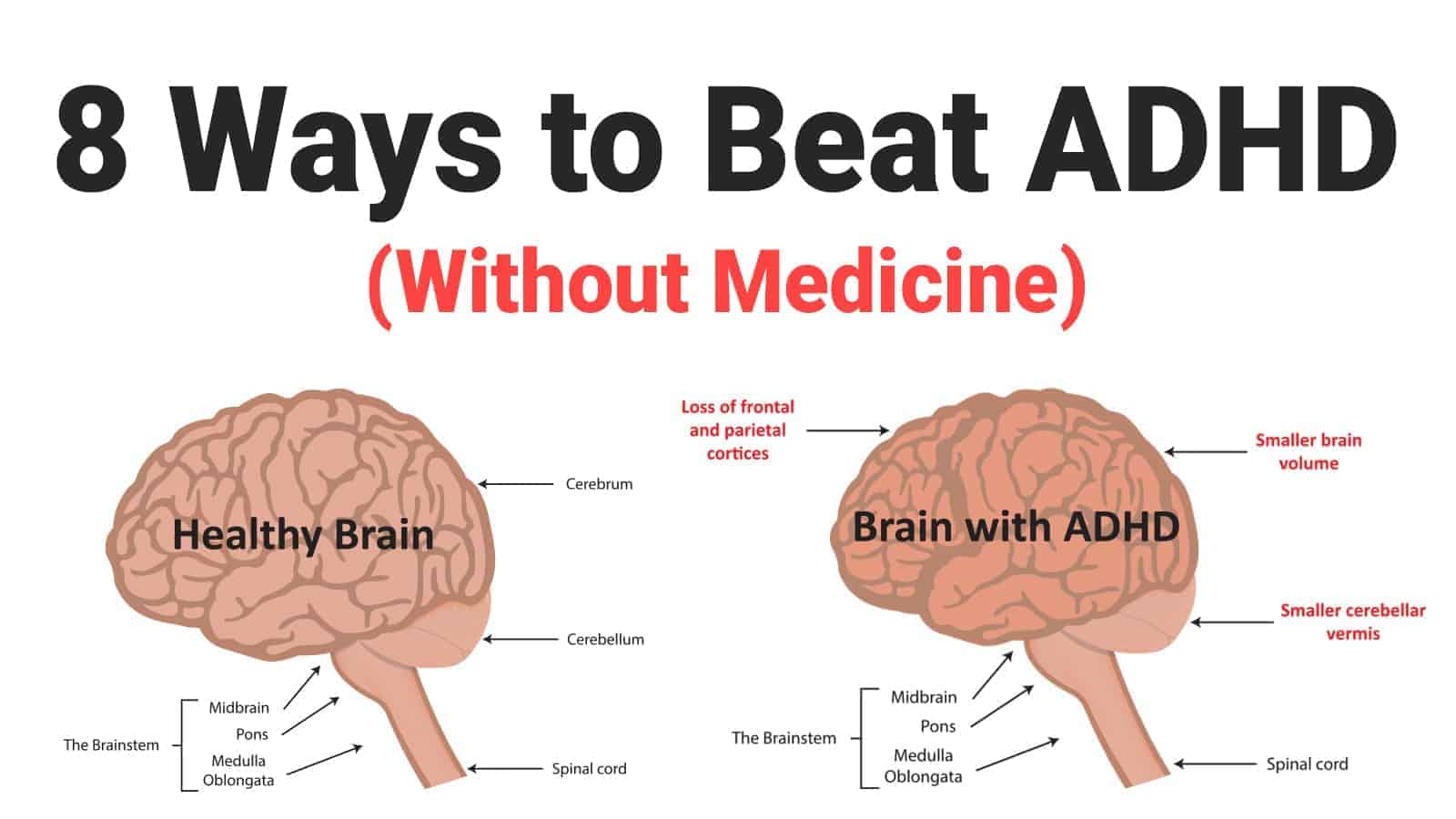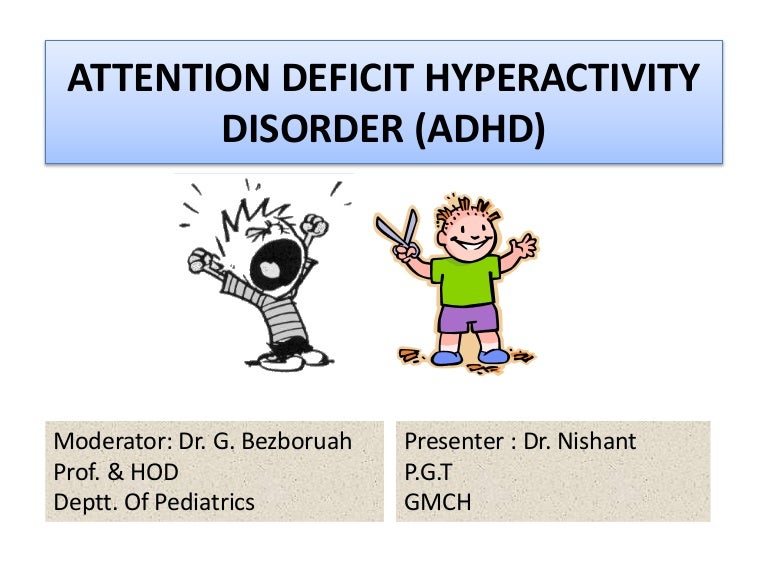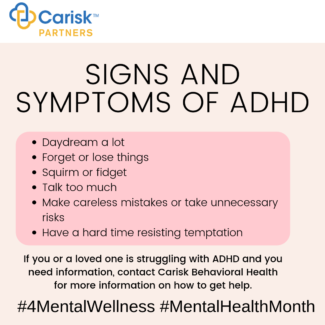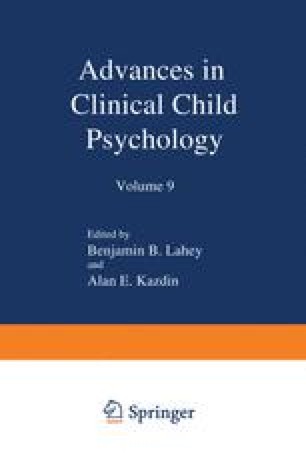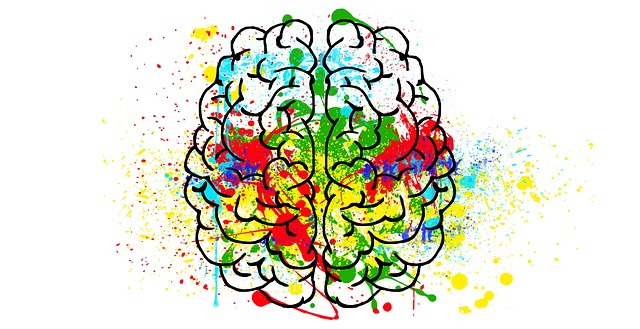What Is Attention Deficit Disorder Without Hyperactivity

Inattentive adhd is what s usually meant when someone uses the term add.
What is attention deficit disorder without hyperactivity. Attention deficit hyperactivity disorder is a brain disorder that affects how you pay attention sit still and control your behavior. Have few to no symptoms of hyperactivity or impulsivity. Attention deficit disorder add is a term used for people who have excessive difficulties with concentration without the presence of other adhd symptoms such as excessive impulsiveness or hyperactivity. Encyclopaedia britannica s editors oversee subject areas in which they have extensive knowledge whether from years of experience gained by working on that content or via study for an advanced degree.
Storebo oj et al. Attention deficit hyperactivity disorder medications in children with heart disease. Methylphenidate for attention deficit hyperactivity disorder adhd in children and adolescents assessment of adverse events in non randomised studies. Current opinion in pediatrics.
According to the dsm iv attention deficit hyperactivity disorder is not diagnosed if the symptoms are better accounted for by another mental disorder e g mood disorder anxiety disorder dissociative disorder personality disorder personality change due to a general medical condition or a substance related disorder. Problems often associated with add. This means a person shows enough symptoms of inattention or easy distractibility but isn t hyperactive or impulsive. Attention deficit disorder add is a neurological disorder that causes a range of behavior problems such as difficulty attending to instruction focusing on schoolwork keeping up with assignments following instructions completing tasks and social interaction.
In the implementation version of icd 11 the disorder is classified under 6a05 attention deficit hyperactivity disorder and hyperkinetic disorder no longer exists. Have no other mental health disorder that could be the cause of these symptoms. Experience serious or chronic problems due to five or more of these symptoms. The latter is sometimes referred to as hyperkinetic syndrome.
It happens in children and teens and can continue into adulthood.
/add-and-attention-deficit-disorders-2161810_V2-5416811938fd4a51b70ab5d4bf70b481.png)
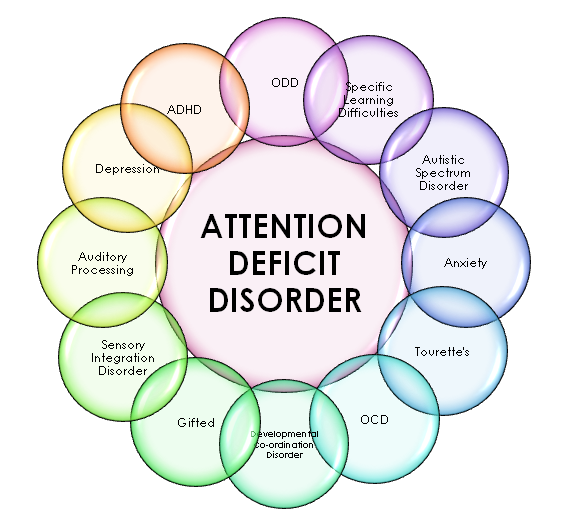
:max_bytes(150000):strip_icc()/adhd-overview-4157275-6982f7abb53c482593834abbc2f3ab73.png)


